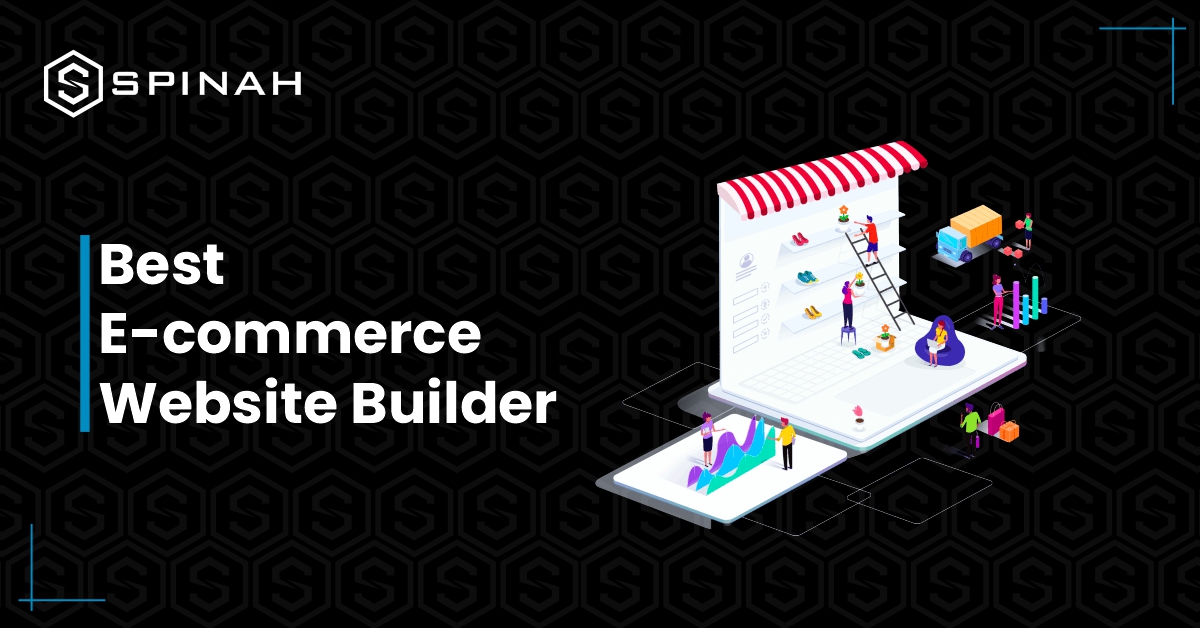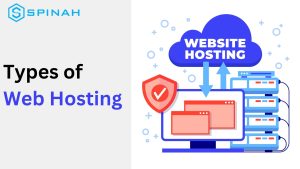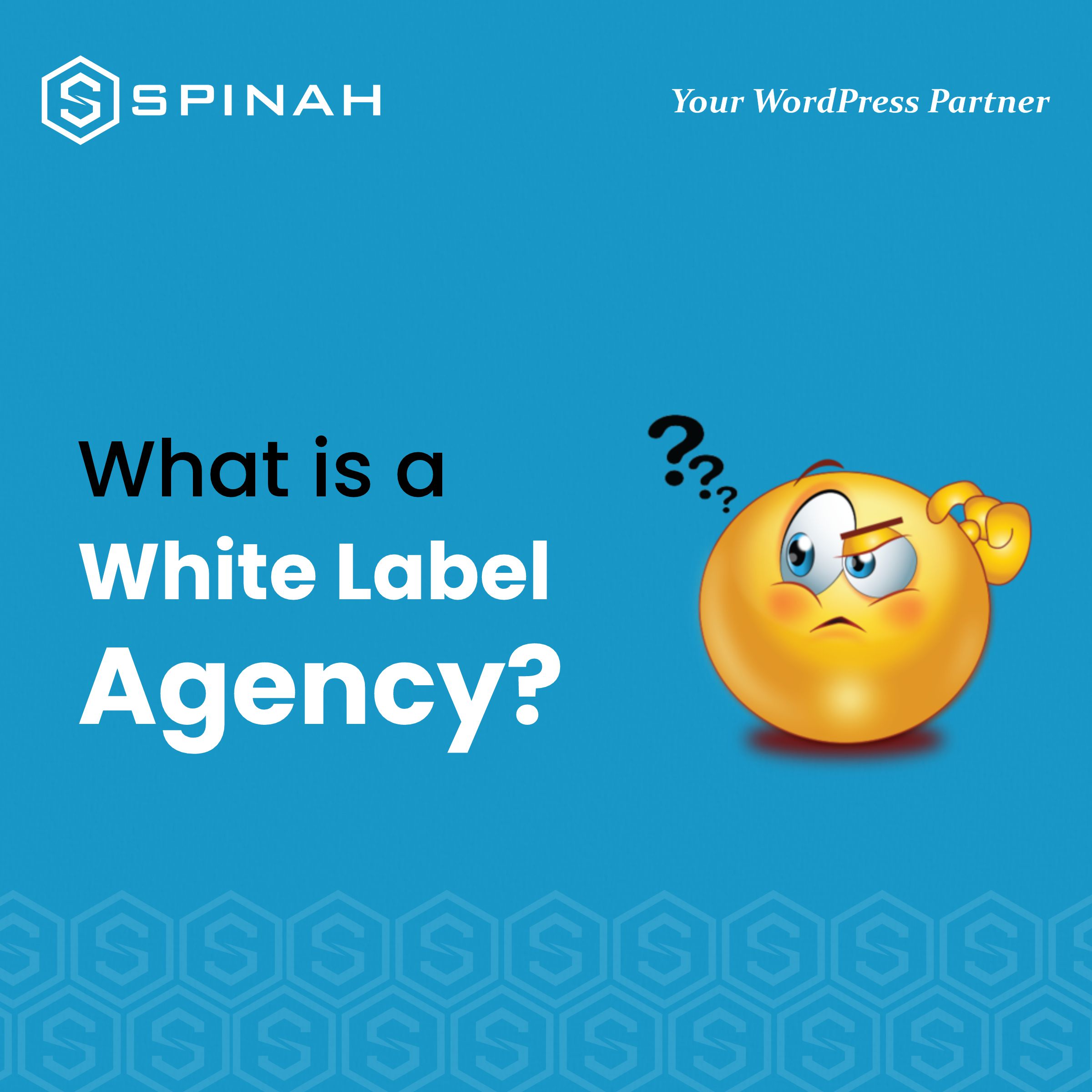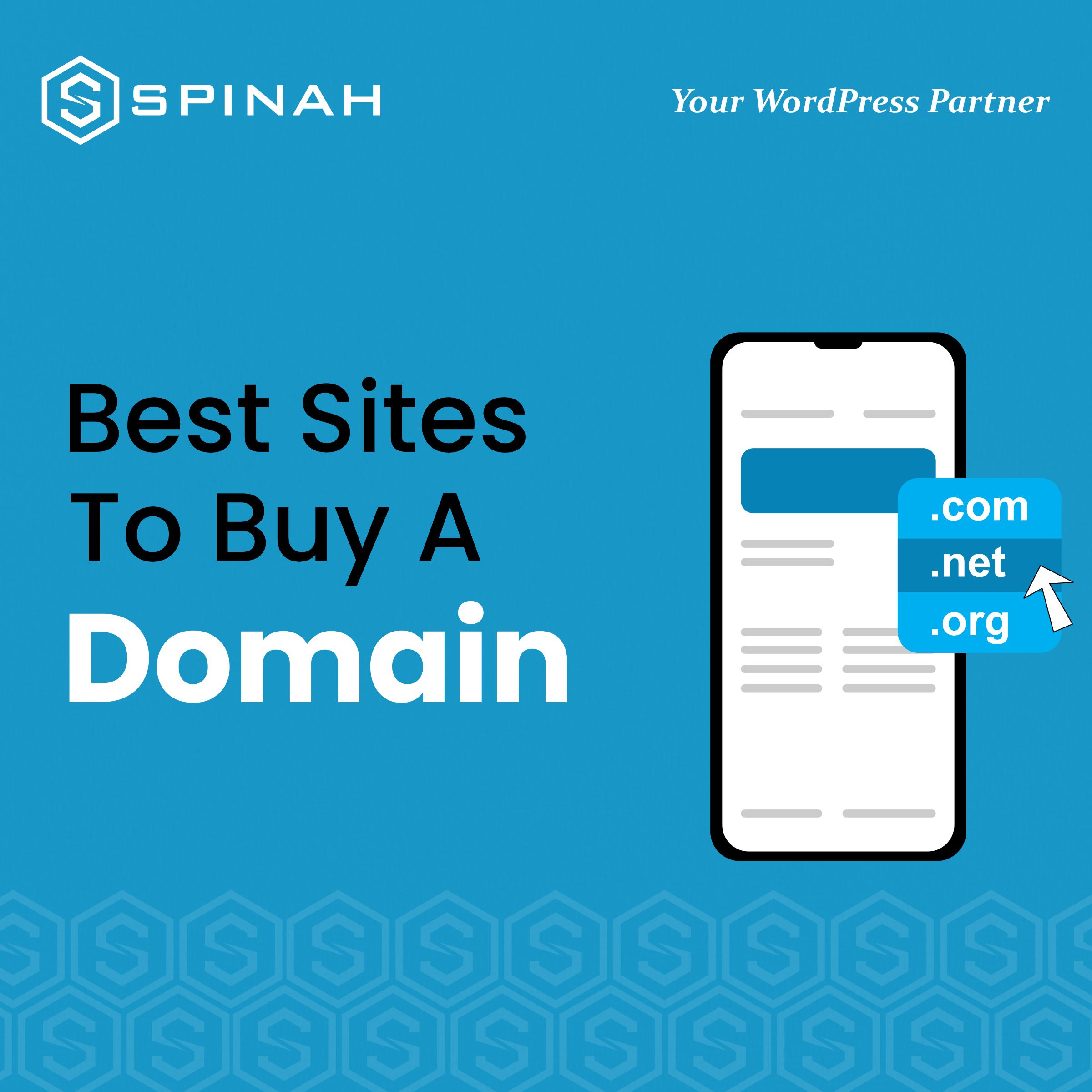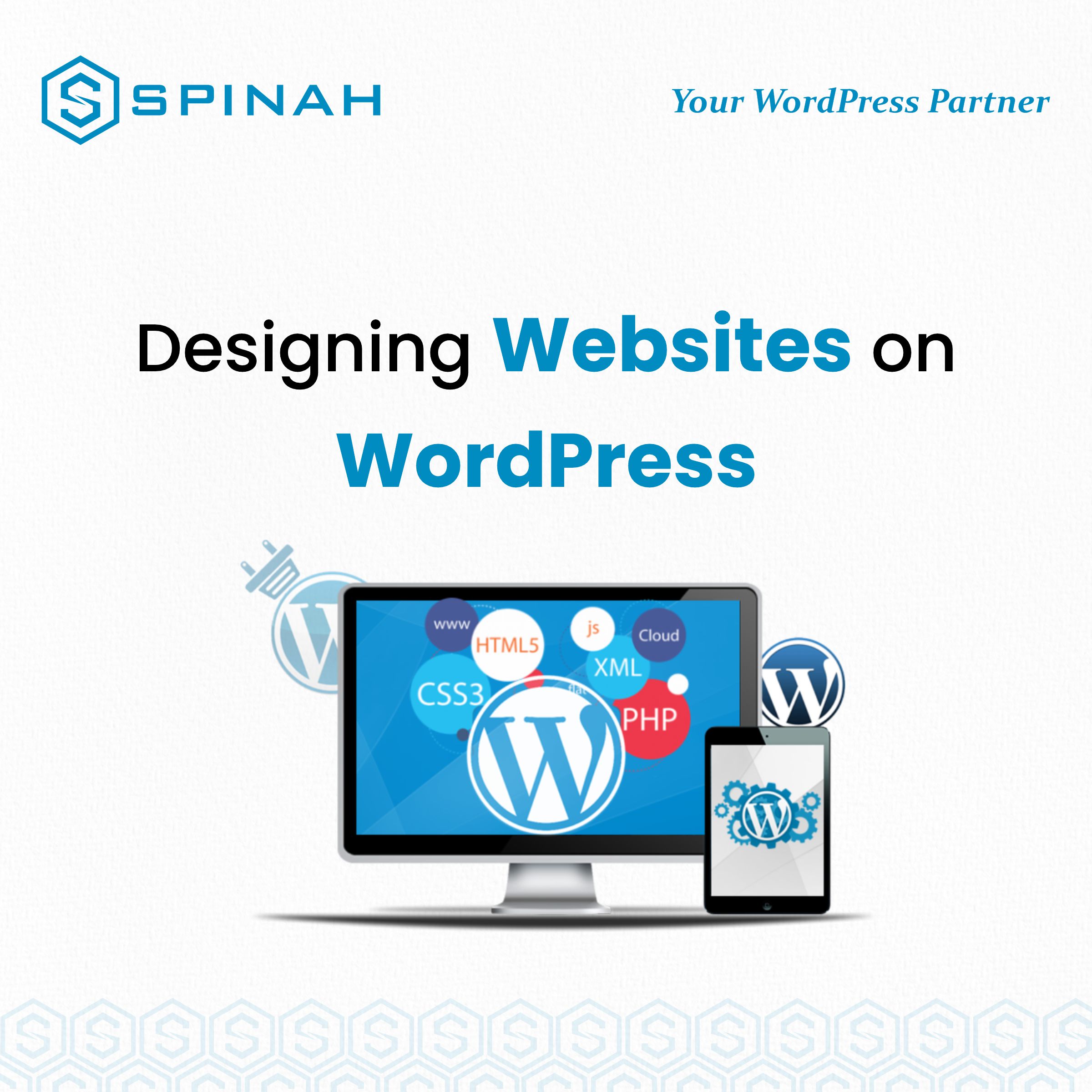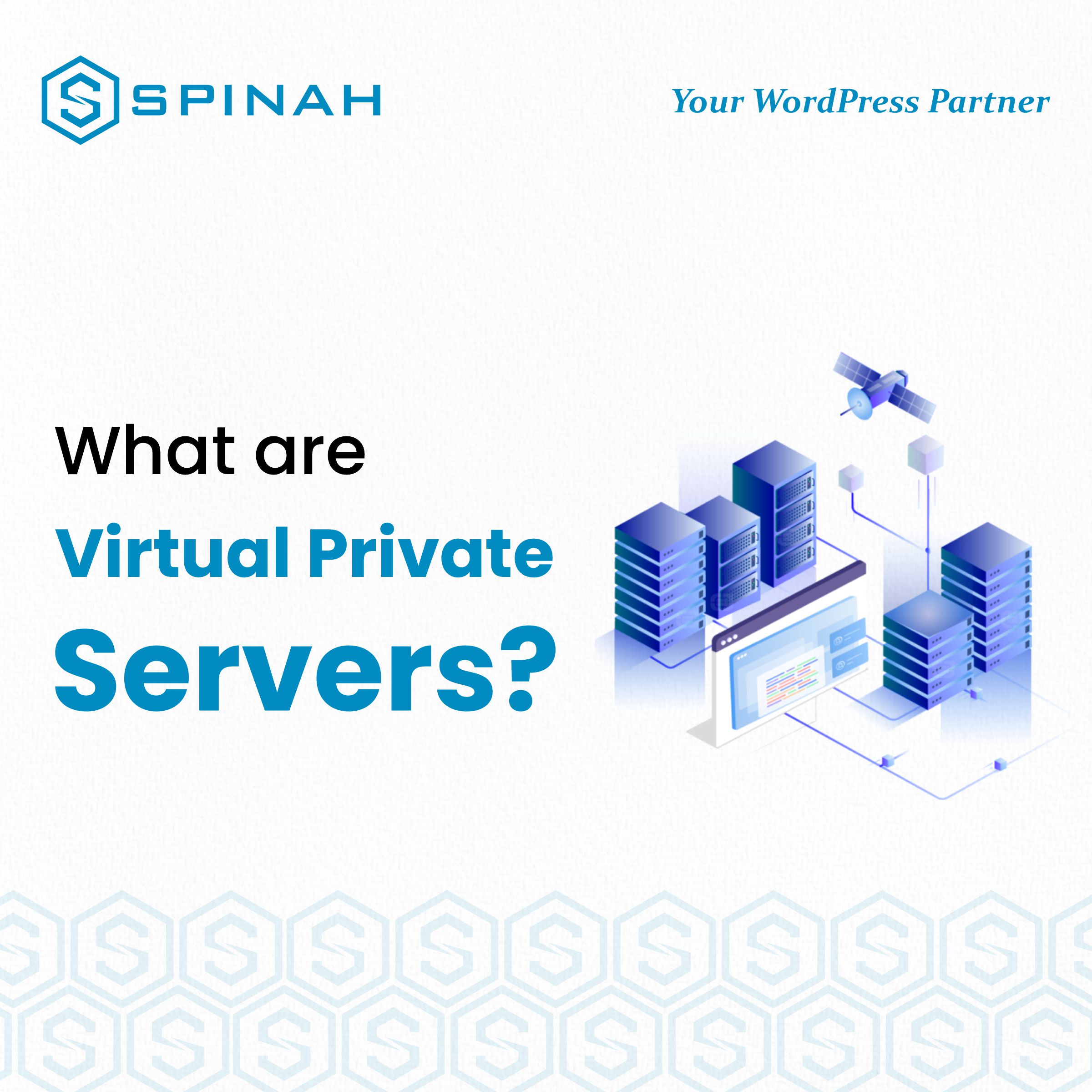Launching an online store is made easy with eCommerce website builders. Enhance your store’s appearance and efficiency to provide customers with a seamless browsing and purchasing experience.
By choosing the right eCommerce website builder, you can create a user-friendly and visually appealing online store that is easy for customers to navigate and make purchases. With the right features, your website can offer a seamless shopping experience that will encourage customers to return time and time again.
Our guide provides you with a comprehensive overview of the top 9 website builders currently available, including their unique features and pricing options.
| eCommerce Website Builder | Best eCommerce Website for | Free Plan | Cheapest plan (monthly plans) | Rating from users (G2/, Capterra) |
| Wix | Entrepreneurs and small businesses | Yes | Most Basic for $4.50 per month | G2: 4.2/4.5Capterra: 4.4/5.0 |
| Shopify | Building robust online store | No | Basic for $1.00 per month | G2: 4.4/5.0Capterra: 4.5/5.0 |
| WooCommerce | Controlling Inventory | Yes | Free | G2: 4.4/5.0Capterra:4.6/5.0 |
| BigCommerce | High Revenue Business | No | Standard for $29.95 per month | G2: 4.2/5.0Capterra: 4.4/5.0 |
| Weebly | Building a free eCommerce Website | Yes | Connect a Domain for $10 per month | G2: 4.2/5.0Capterra: 4.3/5.0 |
| Squarespace | Creating professional creative website | Yes | Personal for $23/month | G2: 4.2/5.0Capterra: 4.6/5.0 |
| Zyro | Building professional Website | Yes | Website for $2.59 per month | G2: 4.4/5.0Capterra: 4.7/5.0 |
| X-cart | Creating Custom Solution | No | Platform for $199 per month | G2: 4.2/5.0Capterra:4.3/5.0 |
| Volusion | Tailor-made solutions | No | Personal for $35 per month | G2: 3.2/5.0Capterra: 3.8/4.0 |
Wix
Wix Website Builder is a cloud-based web development platform that enables users to create HTML5 websites and mobile sites through online drag-and-drop tools. It is a platform for hosting websites that lets users make and change their sites without knowing how to code.
Wix has a robust App Market that offers a variety of third-party apps that can enhance your eCommerce store’s functionality.
It also provides access to SEO tools, web analytics, and eCommerce features. Wix also provides a wide selection of templates that can be used to create a website.
Features
- Stunning Templates
- Media Galleries
- Unlimited Fonts
- Scroll Effects
- Customize Colors & Fonts
- Mobile Friendly
- Built-in SEO Tools
- Rapid Visual Front-End Design
- Open Platform
- SSL Certified
- Customize Design Template
Pros
- Intuitive and user-friendly interface: Wix’s drag-and-drop website builder makes it extremely easy to create a website, even for those without any technical or coding knowledge. Users can simply drag and drop elements to customize their site’s design and functionality, resulting in a visually appealing and functional website.
- Excellent design options: With Wix, users have access to hundreds of high-quality templates that are fully customizable to match their brand and business needs. These templates cover a wide range of industries and styles, so users can easily find one that fits their unique needs.
- Comprehensive e-commerce solutions: Wix offers a range of e-commerce solutions that make it easy to set up and manage an online store. These include integrated payment gateways, shopping carts, and product pages that are optimized for conversion. Wix also offers features like inventory management, shipping, and tax calculators, making it a one-stop-shop for e-commerce needs.
- SEO-friendly features: It offers a range of features that are optimized for search engines, making it easier for potential customers to find your website. This includes SEO-friendly URLs, meta tags, alt text for images, and more. Wix also offers a range of tools and guides to help users improve their website’s SEO performance.
- Regular updates: Wix is constantly releasing new features and updates to improve the user experience and functionality of its platform. This ensures that your website is always up-to-date with the latest trends and technologies, helping you stay ahead of the competition.
Cons
- Limited customization options: provides a range of customization options, but some users with more advanced needs may find them limiting. For instance, some users may wish to add custom code or have greater control over the design and layout of certain elements. Although Wix offers some advanced customization options, users may find that they are not as extensive as those provided by other website builders.
Pricing
- VIP: First Priority Support for $24.50 per month
- Unlimited: Entrepreneurs & Freelancers for $12.50 per month
- Combo: Personal Use for $8.50 per month
- Connect Domain: Most Basic for $4.50 per month
- Business Suite: Get the Full suite for $35 per month
- Business Unlimited: Grow Your Business for $25 per month
- Business Basic: Accept Online Payments for $17 per month
- You can also contact sales to get a custom price quote.
Shopify
Shopify is an e-commerce platform that allows users to create online stores to sell their products. It provides a platform for users to easily manage their stores, accept payments, and track sales. Shopify also offers tools to help businesses market and manage their stores, including an app store with hundreds of third-party integrations.
Features
- Customizable Design
- Payment Processing
- Inventory Management
- Shipping Options
- Mobile Optimized
- SEO Tools
- Extensive app support
Pros
- App integration: Shopify has a large and growing marketplace of apps and integrations that allow users to add additional features and functionality to their online store. This can include everything from marketing tools to accounting software to shipping and fulfillment solutions.
- Customer Support and Account Management: It offers excellent customer support and account management features. Users can access support via phone, email, or live chat 24/7, and there is also an extensive help center with articles, videos, and tutorials on how to use the platform.
Shopify also offers a dedicated account manager for users on their Advanced and Plus plans, who can help with everything from store setup to marketing strategy to technical issues. This level of support can be invaluable for businesses looking to grow and scale their online store.
- SEO Features for Marketing: Shopify offers a range of SEO features that can help businesses improve their search engine rankings and drive more traffic to their online store. Some of these features include: Customizable meta titles and descriptions and SEO-friendly URLs:
- Built-in blogging platform: Shopify comes with a built-in blogging platform, which can be a powerful tool for SEO. Users can create and publish blog posts on their site, which can help attract more traffic and improve their search engine rankings.
Cons
- Payment Gateways: One possible drawback of using Shopify is that it levies transaction fees for each sale made using third-party payment gateways like PayPal or Stripe.
These costs may accumulate over time and have an effect on your company’s profitability, and some users might prefer to use a particular payment gateway that Shopify does not support, which can be a constraint for those users.
Pricing
- Basic: for $24.00 per month
- Shopify: $69.00 per month
- Advanced: for $299.00 per month
Yearly(Save 50%)
- Basic: for $14.44 per month
- Shopify: for $39.44 per month
- Advanced: $147.78 / per month
- You can also contact sales to get a custom price quote.
WooCommerce
WooCommerce is an open-source eCommerce plugin designed for WordPress. It enables users to create an online store and sell products online. WooCommerce is the most popular eCommerce platform powering over 5 million websites worldwide.
It offers a wide range of features and customization options, allowing store owners to manage their online store and products.
Features
- Flexible Payment Options
- Multiple Product Types
- Shipping Option
- Flexibility
- Scalability
- Cart page
- A checkout page
Pros
- Functionality extension: Functionality extension is the ability to extend or add new features to an existing software or platform. WooCommerce offers an extensive library of functionality extensions, including both free and premium options, that can be easily added to the core plugin to enhance its features and capabilities.
These extensions allow users to add features such as advanced shipping options, payment gateways, product variations, and more, without the need for extensive coding knowledge or development expertise. This gives users the ability to customize their online store to meet their specific needs.
- Open source: WooCommerce is an open-source e-commerce plugin for WordPress. This means that the code for the plugin is freely available for anyone to access, modify and use.
Users can modify the code to meet their specific needs, add new features, or fix any bugs they encounter. Being open source, WooCommerce can be customized to meet the specific needs of a business. Because of this, users can make their own unique online stores that meet their needs, and developers can help make the plugin better.
- Easy to install and set up: WooCommerce is incredibly easy to install and set up, making it a great choice for both beginners and experienced users. It can be installed in just a few minutes using a few simple steps, allowing you to quickly start building your online store.
Cons
- Updates Policy: One of the main cons of the WooCommerce update policy is that updates can sometimes cause compatibility issues with other plugins and themes. This is because updates may introduce new features or changes that can conflict with existing plugins or themes. This can result in errors or even site crashes, which can be frustrating and time-consuming to resolve.
Pricing
- Free
BigCommerce
BigCommerce is a cloud-based eCommerce platform designed to help businesses create and manage their own online store. It offers a wide range of features, including product management, website design and hosting, payment processing, order fulfilment, and marketing tools.
BigCommerce also offers integrations with third-party services like QuickBooks, MailChimp, and Xero.
Features
- Multi-Channel Integration
- Professional and Responsive Themes
- SEO Optimization
- Abandoned Cart Recovery
- Customizable Reports and Analytics
- Page builder visual editor
- Theme customization
- Checkout customization
- Preview before publishing
- WordPress Integration
- Digital Wallet
- Faceted search
Pros
- Real-time shipping quotes, coupons, discounts, and gift cards: provides real-time shipping quotes for your customers based on their location, as well as the ability to offer coupons, discounts, and gift cards. This allows you to provide a more personalized and incentivized shopping experience for your customers.
- Product ratings and reviews on every plan: With BigCommerce, you can enable product ratings and reviews on every plan. This is important because it allows customers to provide feedback on products they have purchased, which can help other customers make informed purchase decisions.reviews can help improve the SEO of your site by providing fresh content and increasing engagement.
- Competitive pricing for local payment methods: offers competitive pricing for local payment methods, which can be important if you are selling globally. This feature allows you to accept payments from customers using their preferred payment methods, which can help improve customer satisfaction and increase sales.
- Strong SEO support for organic growth: BigCommerce has strong SEO support to help improve your organic growth. This includes features such as customizable URLs, meta descriptions, and page titles, as well as a built-in sitemap generator and support for structured data. These features can help improve the visibility of your site in search engine results pages (SERPs), which can lead to increased traffic and sales.
- Built-in features to minimize app usage: BigCommerce offers built-in features to minimize app usage. This is important because using too many apps can slow down your site and negatively impact the user experience. Some of the built-in features include social media integrations, email marketing, and a content management system (CMS). By using these built-in features, you can reduce the need for third-party apps and improve the performance of your site.
Cons
- Customer service and support may be slow at times: One potential disadvantage of using BigCommerce is that customer service and support may be slow at times. While BigCommerce does offer 24/7 support via phone, email, and chat, some users have reported long wait times to speak with a representative or receive a response to their inquiries.
Pricing
- Standard: for $29.95 per month
- Plus: for $79.95 per month
- Pro: $299.95 per month
- Enterprise: contact sales to get a price quote.
Weebly
Weebly is a cloud-based website building platform that enables users to create websites, blogs, and online stores. It is easy to use, with drag-and-drop tools and a range of customizable templates. It offers a range of features such as collaboration tools, analytics and marketing tools, and eCommerce options.
Features
- Easy Video Hosting
- Drag Drop Builder
- Custom Fonts
- Image Editor
- Custome HTML/CSS & JavaScript
- Site Search
- Detailed Website Statistics
- Website Builder
- Mobile-Friendly
- Free Blog Template
Pros
- Extensive App Center: It has an extensive App Center that offers a wide range of third-party applications and integrations. This allows users to add advanced functionalities to their website, such as contact forms, social media feeds, live chat, and more.
- Customizable templates: It offers a variety of customizable templates that users can use as a starting point for their website design. The templates are organized by industry, making it easier for users to find a design that suits their needs.
- Built-in SEO features: built-in SEO features that can help users optimize their website for search engines. This includes the ability to add meta tags, custom URLs, alt text for images, and more.
- E-commerce features: Weebly offers robust e-commerce features, such as the ability to sell physical and digital products, manage inventory, process payments, and track orders. It also integrates with a range of popular payment gateways, such as PayPal, Stripe, and Square.
- Blogging capabilities: Weebly has built-in blogging capabilities that allow users to create and manage a blog directly within their website. This includes features such as tags, categories, and the ability to schedule posts.
Cons
- No multilingual support out of the box: Users who want to create a website in multiple languages will have to use third-party apps or plugins to add this functionality to their site. This can be a disadvantage for users who want to reach a global audience, as they will have to spend extra time and money to set up and maintain a multilingual website
Pricing
- Free plan
- Connect: Connect a Domain for $10 per month
- Pro: Group and Organisation for $12 per month
- Business: Small Businesses and Stores for $25 per month
For Online Stores:
- Pro: Group and Organisation for $12 per month
- Business: Small Businesses and Stores for $25 per month
- Business Plus: Power Sellers for $38 per month
Squarespace
Squarespace is a platform for creating beautiful websites and online stores. It provides users with an easy-to-use drag-and-drop interface and various powerful tools and features to help them create and manage their websites without learning code. Squarespace also offers templates, hosting, eCommerce, analytics, and more.
Features
Squarespace is a powerful website builder with a suite of features that can help you easily create a professional website. Here are some of the features of Squarespace:
- Design Tools
- Proffesional Email
- Ecommerce
- Mobile Friendly
- Security
- Hosting
- Social Media tools
- Email Marketing
Pros
- Easy to use drag-and-drop interface: Squarespace has a user-friendly drag-and-drop interface that allows users to create and customize their websites easily, without requiring any coding knowledge.
- Wide range of professional templates: It offers a wide range of professionally designed templates, which can help users create a polished and modern-looking website quickly and easily.
- Powerful eCommerce features: provides robust eCommerce features, such as product management, inventory tracking, and payment processing, which makes it easy for users to set up and run an online store.
- Mobile-friendly design: Squarespace’s templates are designed to be mobile-friendly, which means that they automatically adjust to look great on any device, including smartphones and tablets.
- Built-in security features: It has built-in security features, such as SSL encryption and automatic backups, which can help users keep their websites and customers’ information safe.
- 24/7 customer support: provides 24/7 customer support via email, chat, and phone, which can help users with any issues they may encounter while using the platform.
Cons
- Not the best choice for blogging: it is not as robust as other platforms that are specifically designed for blogging. This means that users who want to create a blog with a lot of features and customization options may be better served by using a dedicated blogging platform, such as WordPress or Blogger.
Pricing
Pay Monthly:
- It offers free trials
- Personal: $23/month when billed monthly and $16/month when billed annually.
- Businessl: $33/month when billed monthly and $23/month when billed annually.
- Commerce Basic: $36/month when billed monthly and $27/month when billed annually.
- Commerce Advanced: $65/month when billed monthly and $49/month when billed annually.
Zyro
Zyro is an AI-powered website builder that helps you create professional websites without coding. It offers an intuitive drag and drop editor, professional design templates and powerful features to help you create engaging and interactive websites.
Zyro also offers eCommerce and blogging features and third-party integrations for website customization.
Features
- Fully Customizable Website Templates
- Mobile-friendly Design
- Ecommerce
- Drag and Drop Editor
- SSL Secure Payments
Pros
- AI-powered design tools: Zyro Builder uses artificial intelligence to help users create beautiful, modern websites in a matter of minutes. The AI algorithms analyze user preferences and content to create unique website designs that are visually appealing and user-friendly.
- Fast website loading speed: websites are optimized for fast loading speeds, which can improve user experience and increase search engine rankings. This is achieved through the use of a content delivery network (CDN) and other optimization techniques.
- Secure hosting: Zyro Builder provides secure website hosting with SSL encryption and regular backups to ensure that user data is protected at all times. This can give users peace of mind when it comes to the security of their website and customer data.
- E-commerce capabilities: offers a range of e-commerce features, including a customizable online store, payment gateway integrations, and inventory management tools. This makes it easy for users to create and manage their own online store and start selling products quickly.
- Responsive design: Zyro Builder’s websites are designed to be responsive, meaning they automatically adjust to fit the screen size of the device being used to view them. This ensures that the website looks great on all devices, from desktops to mobile phones.
Cons
- Lack of Advanced Features: Zyro provides all the essential features that a user would require to create a website. However, it lacks several advanced features that are available in other online store builders, such as BigCommerce, and content management systems (CMSs), the absence of a comment function can limit the engagement of a blog’s readers.
Pricing
- Website: $2.59 per month
- Business: $3.59 per month
X-Cart
Another popular eCommerce builder is X-Cart; x-cart is a shopping cart software for online stores and e-commerce websites. It is a PHP-based platform designed to meet the needs of online merchants of all sizes.
It offers a variety of features, such as an easy-to-use admin interface, customizable design options, built-in payment processing, and powerful marketing tools. X-Cart is available in several editions, each tailored to a specific type of online store.
Features
- Payment Processing
- Customization
- Inventory Management
- Shipping
- Advanced SEO
Pros
- Flexible payment processing options: X-Cart offers a wide variety of payment processing options, including credit cards, PayPal, and other payment gateways. This allows customers to choose the payment method that is most convenient for them, which can increase sales and customer satisfaction.
- Easy customization options: intuitive interface and drag-and-drop functionality make it easy to customize the website layout and design. Users can quickly and easily add new pages, change colors and fonts, and upload images and videos without any coding knowledge.
- Powerful inventory management: X-Cart’s inventory management tools allow users to keep track of their products in real-time. They can set up low stock alerts, automatically reorder products, and adjust prices based on supply and demand, ensuring that their store runs smoothly.
- Automated ordering systems: automated ordering systems allow users to streamline the order fulfillment process. They can automatically generate invoices, packing slips, and shipping labels, saving time and reducing the risk of errors.
- Advanced SEO features: It has advanced SEO features that can help improve the visibility of the website in search engine results pages. Users can optimize their pages for keywords, set up meta descriptions, and create XML sitemaps, which can lead to more organic traffic and higher rankings.
Cons
- No native mobile app: X-Cart does not have a native mobile app, which can be a disadvantage for those looking to provide a seamless shopping experience for customers who prefer to shop on their mobile devices.
Pricing
- Platform: $199 per month
- Marketplace: $399 per month
- Marketplace: $499 per month
Volusion
Volusion is an eCommerce platform that provides businesses with tools to build and manage their online stores. It offers a variety of features, from website building tools to in-depth marketing and analytics. It also provides payment processing, inventory management, and shipping tools.
Features
- Mobile Friendly Themes
- Analytics
- Customizable Layout
- HTML/CSS Editor
- HomePage Slideshow
- Logo & favicon uploads
- Category pages
- Product Display Option
- Search functionality
- HTML/CSS Editor Access
- In-House Design Service
Pros
- Mobile-friendly themes: Volusion offers a wide selection of customizable and mobile-friendly themes that are designed to provide an optimal user experience across various devices. These themes are responsive and optimized for mobile screens, so customers can easily browse products, add them to their cart, and checkout from their smartphones or tablets. This is particularly important in today’s world where mobile commerce is on the rise, and having a mobile-friendly online store is critical to success.
- Powerful analytics tools: provides powerful analytics tools that allow businesses to track and analyze various metrics related to their online store, such as website traffic, sales, customer behavior, and more. This information can be used to make data-driven decisions that can help grow the business. With Volusion’s analytics tools, users can identify trends, understand customer behavior, and optimize their online store accordingly.
- Customizable layout: Volusion allows users to customize their website layout to match their brand and design preferences. This is particularly useful for businesses that want to create a unique online store that stands out from the competition. Users can customize the layout of their homepage, product pages, and checkout process to provide a seamless experience for customers.
- Easy-to-use admin interface: Volusion’s user-friendly admin interface makes it easy for users to manage and update their online store, even if they have little technical experience. The platform’s drag-and-drop editor allows users to easily add and rearrange elements on their website without any coding knowledge. This can save businesses time and money by allowing them to manage their online store without the need for a dedicated technical team.
- Secure payment processing: It provides secure payment processing options that help to protect the personal and financial information of customers. The platform is PCI compliant, which means it adheres to strict security standards for processing credit card transactions. This can help to increase customer trust and confidence in the online store, which can lead to more sales and repeat business.
Cons
- Lack of scalability: the platform is not able to handle a large number of products or customers as a business grows, making it difficult for the business to expand and reach new markets.
Pricing
- Personal: $35 per month
- Professional: $79 per month
- Business: $299 per month
- Prime: Contact Sales for quote
Methodology for Choosing Best eCommerce Website Builder
We looked at a number of criteria and factors to find the best website for deciding which eCommerce builder to use. Depending on each person’s needs, the priority rankings may change, but the general process for choosing the best choice entails the following steps:
Examine usability: We choose an eCommerce website builder that is simple to use and understand.
Look for customization options: We choose an eCommerce website builder that provides customization options so that your website will stand out and effectively represent your brand.
Verify the options for integration: We pick an e-commerce website that works with the applications and services you use for your company, such as payment gateways, email marketing services, and social media platforms.
What to Look for in Choosing Best eCommerce Website Builder
Selecting the best eCommerce website builder is the first step in creating a successful online store. Finding the best website builder for your business can be daunting with so many options on the market.
Here are some key factors to consider when choosing the best eCommerce website builder:
- Compare Ease of use
- Compare Payment options
- Compare Mobile responsiveness
- Compare Pricing
- Compare Support and resources
By considering these key factors, you can choose the best eCommerce website builder that meets your business’s unique needs and goals, and create a successful online store that drives sales and growth.
Best Option for Ease of Use
Here’s a comprehensive table comparing the ease of use of the best eCommerce website builders
| eCommerce Website Builder | Ease of Use | Drag-and-Drop Interface | Templates | User Interface | Onboarding | Learning Curve |
| Wix | Very Easy | Yes | Extensive | User-Friendly | Excellent | Low |
| Shopify | Easy | No | Extensive | User-Friendly | Excellent | Low |
| WooCommerce | Moderate | No | Limited | Technical | Good | High |
| BigCommerce | Moderate | No | Extensive | Technical | Good | Moderate |
| Weebly | Moderate | Yes | Extensive | User-Friendly | Good | Low |
| Squarespace | Moderate | Yes | Extensive | User-Friendly | Good | Low |
| Zyro | Easy | Yes | Limited | User-Friendly | Excellent | Low |
| X-Cart | Moderate | No | Limited | Technical | Good | High |
| Volusion | Moderate | Yes | Extensive | Technical | Good | Moderate |
- Wix and Zyro are both very easy to use and have a drag-and-drop interface, making them great options for beginners who want to build their website quickly and easily.
- Shopify is also easy to use, but does not have a drag-and-drop interface. However, it is a great option for those who want a powerful eCommerce platform with extensive templates and user-friendly interfaces.
- Weebly and Squarespace are both moderate in terms of ease of use, but have a drag-and-drop interface and extensive templates, making them good options for those who want more design options and customization.
WooCommerce, BigCommerce, and X-Cart are all moderate in terms of ease of use, but require more technical knowledge and have a higher learning curve. However, they offer more advanced eCommerce features and customization options.
Volusion is also about average when it comes to how easy it is to use. It has a technical interface and a medium learning curve.
Based on the above comparison, Wix and Shopify are great options for those who want an easy-to-use eCommerce website builder.
Weebly and Squarespace are good options for those who want more design options and customization, but are still relatively easy to use.
WooCommerce, BigCommerce, and X-Cart are good options for those who want more advanced eCommerce features and customization options, but require more technical knowledge.
Best Payment Option
Here’s a comparison table of the payment options available for the eCommerce website builders
| eCommerce Website Builder | Payment Gateway Integrations | Transaction Fees | Additional Payment Options |
| Wix | PayPal, Stripe, Square | 0% | Manual payments, offline |
| Shopify | Over 100 payment gateways | 0.5-2% + additional fee | Manual payments, offline |
| WooCommerce | Over 100 payment gateways | 0% | Manual payments, offline, cash on delivery |
| BigCommerce | Over 65 payment gateways | 0% | Manual payments, offline |
| Weebly | Square, Stripe | 3.0-3.5% + additional fee | Manual payments, offline |
| Squarespace | Stripe | 2.9% + 30 cents per transaction | Manual payments, offline |
| Zyro | PayPal, Stripe | 0% | Manual payments, offline |
| X-Cart | Over 100 payment gateways | 0% | Manual payments, offline, cash on delivery |
| Volusion | PayPal, Stripe, Authorize.net | 0-2.15% + additional fee | Manual payments, offline |
Transaction fees listed are for the eCommerce website builder’s native payment processing option. Actual transaction fees may vary based on payment gateway and plan.
From the table above, you can see that Shopify and WooCommerce have the most payment gateway integrations.
Shopify has more than 100 payment gateways, and WooCommerce offers more than 100 payment gateways as add-ons. Both platforms also do not charge transaction fees for using their native payment processing options.
Wix, Zyro, and BigCommerce also offer a good selection of payment gateway integrations, with no transaction fees for using their native payment processing option.
Weebly, Squarespace, X-Cart, and Volusion have more limited payment gateway integrations, but still offer popular options like PayPal and Stripe. These platforms also charge transaction fees for using their native payment processing option.
Ultimately, the best eCommerce website builder for payment options depends on your specific needs and preferences, such as which payment gateways you prefer to use and the transaction fees you are willing to pay.
Best Option for Mobile Responsiveness
When it comes to mobile responsiveness, Shopify and BigCommerce are considered the best eCommerce website builders. Both platforms have responsive designs that adapt well to different screen sizes and are optimized for mobile devices.
Shopify’s mobile responsiveness is one of its strong points, as the platform offers a range of mobile-friendly themes and templates that make it easy for businesses to create a mobile-friendly store.
Shopify has a mobile app that lets store owners add products, process orders, and keep track of sales while they’re out and about.
BigCommerce also offers responsive designs that are optimized for mobile devices. The platform has a range of mobile-friendly templates and themes, and also offers a mobile app that allows store owners to manage their store from their mobile device.
While other eCommerce website builders like Wix, WooCommerce, Weebly, Squarespace, Zyro, X-Cart, and Volusion also have mobile-responsive designs, they may not offer the same level of optimization and mobile-specific features as Shopify and BigCommerce. Therefore, if mobile responsiveness is a top priority for your business, Shopify or BigCommerce may be the best options to consider.
Best Option for Pricing
When it comes to pricing, the best eCommerce website builders can vary widely in terms of their features and costs. Here’s a comparison of the pricing plans for each platform:
- Wix: Wix offers a free plan, but it’s limited in terms of eCommerce functionality. The Business unlimited starts at $25/month, with additional eCommerce features available on higher-tier plans that range from $27/month to $49/month.
- Shopify: Shopify’s pricing starts at $14.44/month for the Basic Shopify plan, with additional features available on higher-tier plans that range from $79/month to $299/month.
- WooCommerce: WooCommerce is a free WordPress plugin, but additional costs may apply for hosting and other necessary services, such as payment gateways and extensions.
- BigCommerce: BigCommerce pricing starts at $29.95/month for the Standard plan, with additional features available on higher-tier plans that range from $79.95/month to $299.95/month.
- Weebly: Weebly’s pricing starts at $6/month for the Personal plan, but eCommerce features are not included until the Professional plan at $12/month. Additional eCommerce features are available on higher-tier plans that range from $25/month to $212/month.
- Squarespace: Squarespace offers eCommerce features on all its plans, with pricing starting at $16/month for the Personal plan and higher-tier plans that range from $26/month to $40/month.
- Zyro: Zyro offers eCommerce features on its eCommerce plan, which starts at $2.59/month. Additional features are available on higher-tier plans that range from $19.99/month to $44.99/month.
- X-cart: X-Cart offers a one-time license fee of $299 for their Business plan, with additional costs for hosting and maintenance.
- Volusion: Volusion’s pricing starts at $35/month for the Personal plan, with additional eCommerce features available on higher-tier plans that range from $79/month to $299/month.
Best Support and Resources
eCommerce Website Builder | Support and Resources |
| Wix | 24/7 customer support via phone, email, and chat. Knowledge base and community forum available. |
| Shopify | 24/7 customer support via phone, email, and chat. Extensive documentation and community forum available. |
| WooCommerce | Customer support available via online ticket system. Extensive documentation and community forum available. |
| BigCommerce | 24/7 customer support via phone, email, and chat. Knowledge base and community forum available. |
| Weebly | Customer support available via online ticket system. Extensive documentation and community forum available. |
| Squarespace | 24/7 customer support via email and chat. Extensive documentation and community forum available. |
| Zyro | 24/7 customer support via phone, email, and chat. Extensive documentation and community forum available. |
| X-cart | Customer support available via online ticket system, email, and chat. knowledge base and community forum available. |
| Volusion | 24/7 customer support via phone, email, and chat. Extensive documentation and community forum available. |
The eCommerce website builders that offer the best support and resources are Wix, Shopify, BigCommerce, Zyro, and Volusion. These platforms offer 24/7 customer support via multiple channels, extensive documentation, and a community forum for users to get help and connect with other users.
Among these options, Shopify stands out for its exceptional customer support and extensive documentation.
They offer 24/7 support via phone, email, and chat, as well as a community forum where users can ask questions and get advice from other users.
Shopify also provides a vast library of resources, including webinars, tutorials, and guides, which can help users get up and running quickly and efficiently.
FAQS for Best eCommerce Website Builder
When looking for an eCommerce website builder, consider the needs of your business and make sure the platform can meet those needs. You should also look for scalability so that the platform can grow with your business. Prices and customer support are also important factors to consider.
There is no one-size-fits-all answer to this question, as the best eCommerce builder will vary depending on your needs and budget. However, some of the most popular eCommerce builders include Shopify, BigCommerce, and Woo Commerce.
Most eCommerce website builders include features such as payment gateways, product catalogs, shopping carts, site analytics, and mobile optimization.
It can take anywhere from a few hours to a few days to set up an eCommerce website, depending on the complexity of the design and the number of products you plan to sell.
Yes, some eCommerce website builders offer free plans with limited features. However, these plans may only be suitable for some businesses.
Final Thoughts
The best eCommerce website builder for you will depend on your individual needs and preferences. However, with so many options available, narrowing down your choices can take time.
After reviewing e-commerce website builders, we recommend: X-Cart is highly customizable, wooCommerce is powerful and user-friendly; Shopify is a comprehensive solution for beginners; BigCommerce is scalable and suitable for large online stores, and Squarespace offers great design options.
No matter which eCommerce website builder you choose, make sure that it has the features you need, fits within your budget and can be scaled up as your business grows.
With the right eCommerce website builder, you can take your business to the next level and achieve lasting success.

